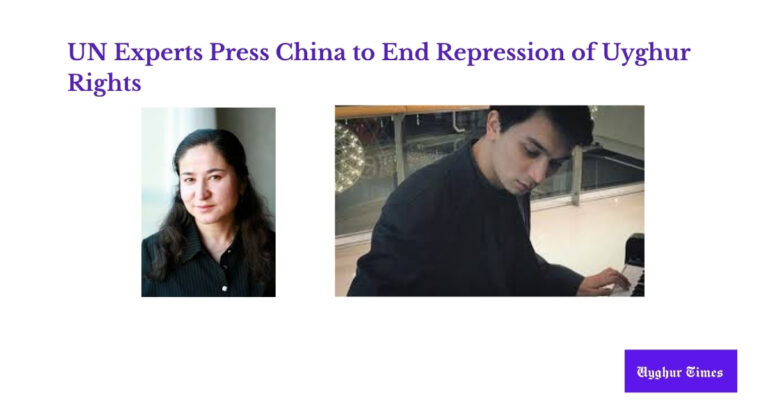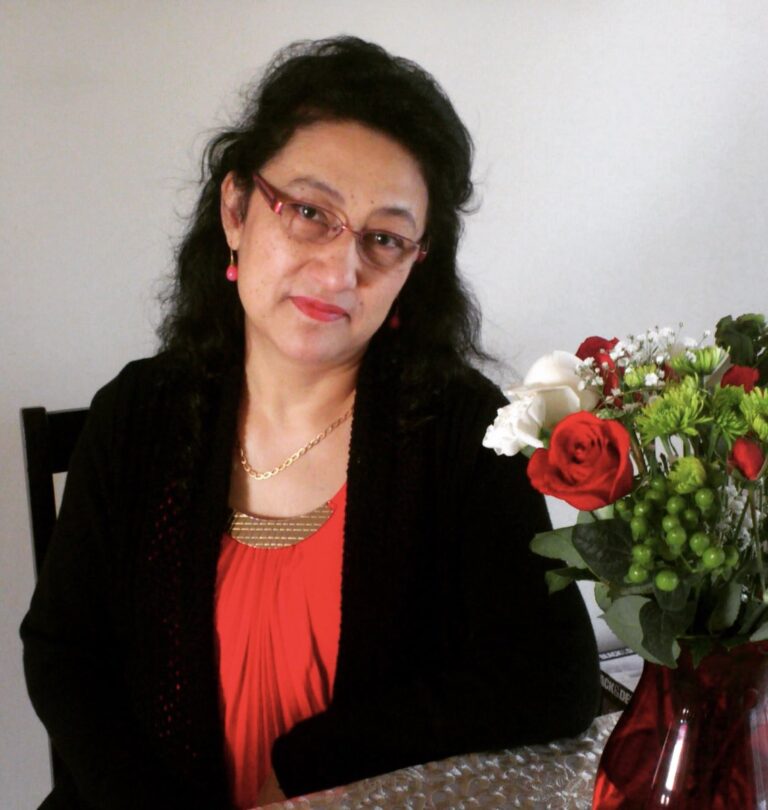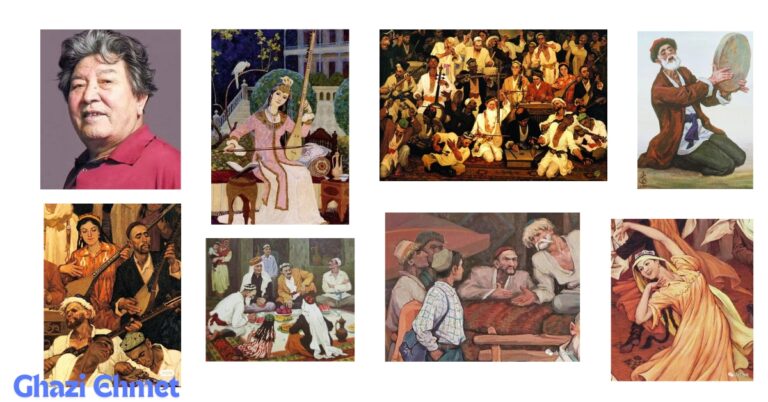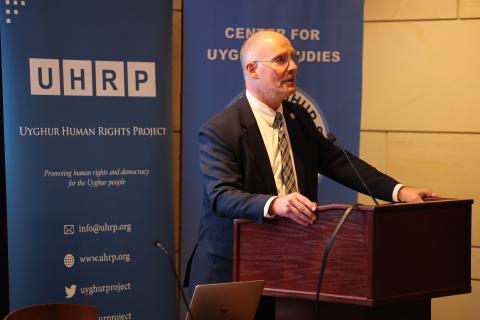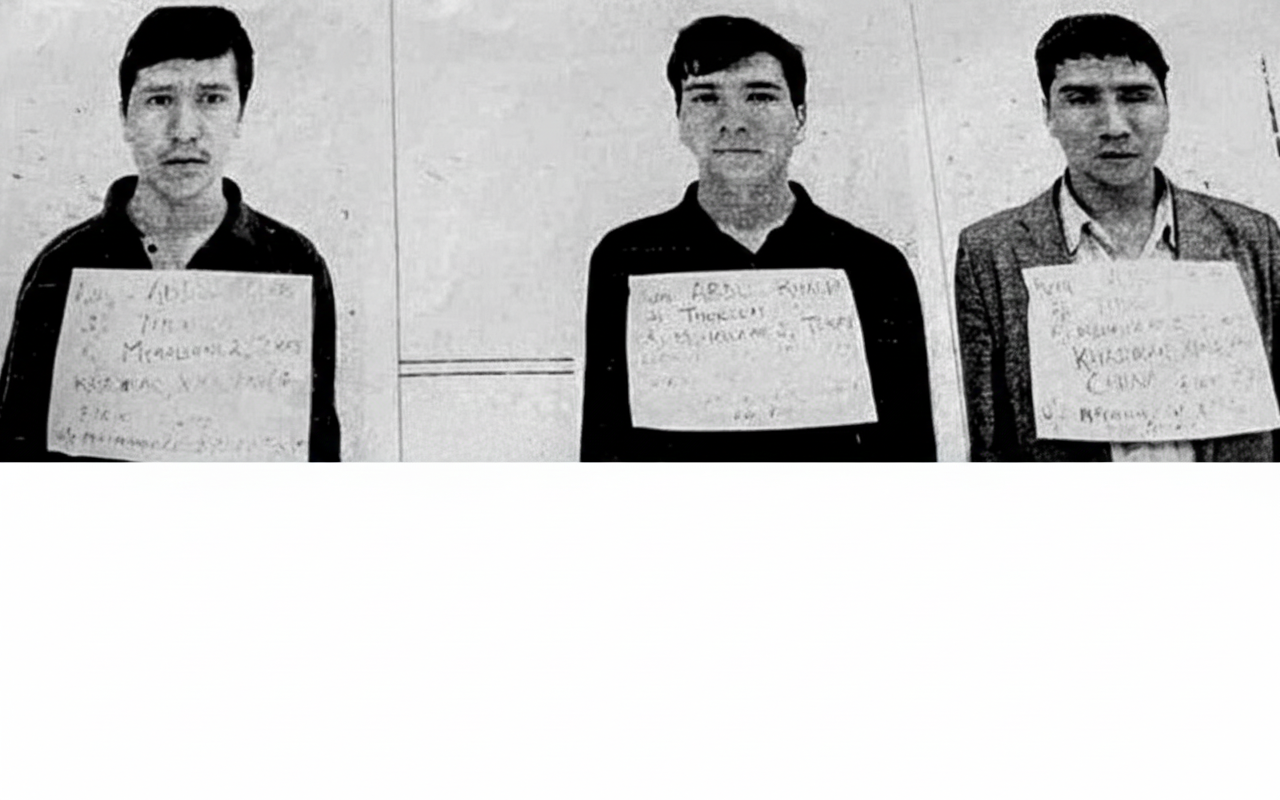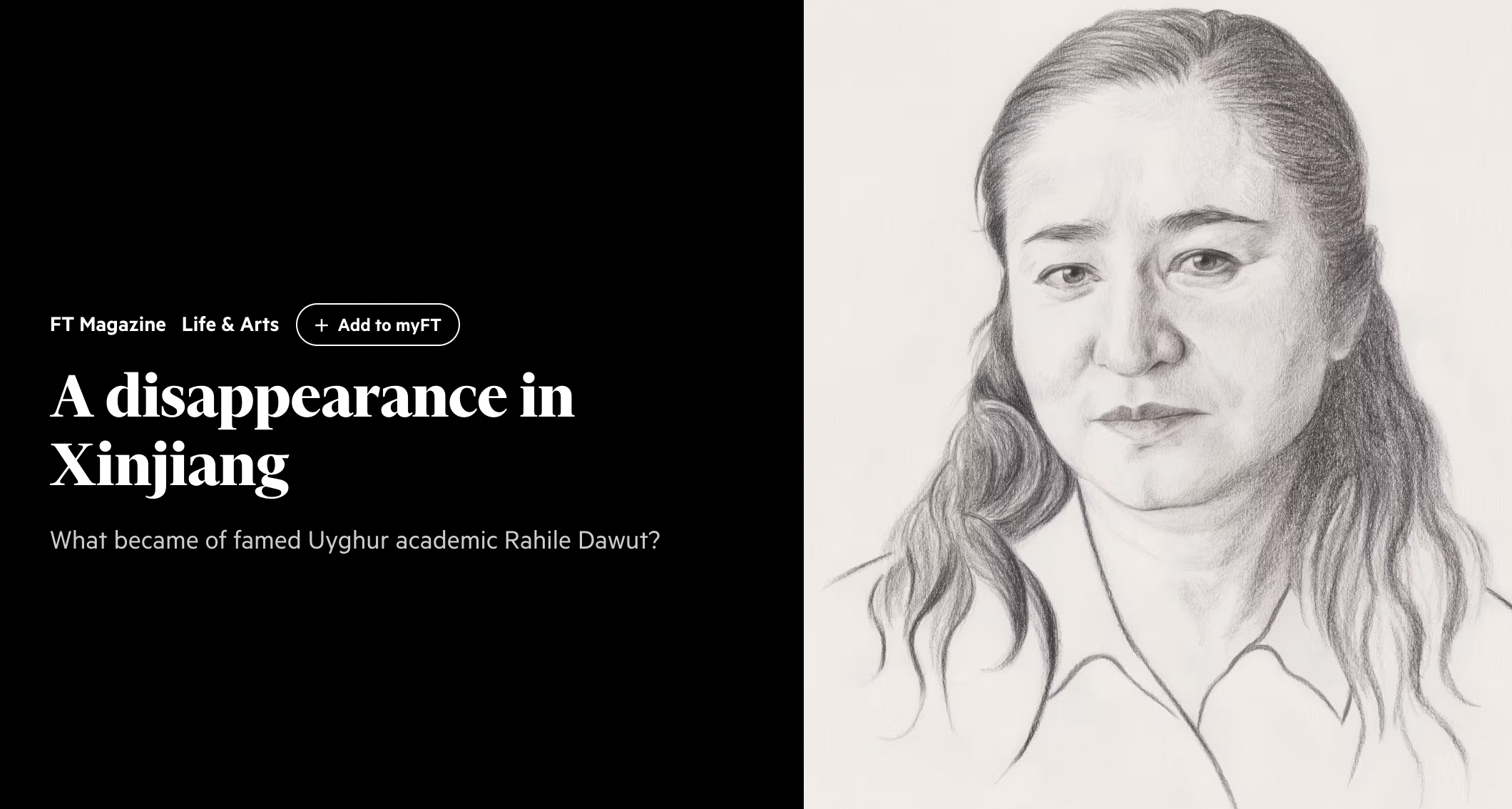
Read the full article from the source Financial Times
https://www.ft.com/content/ca036415-7ded-4384-ac2d-33825f1a82c3
Please use the sharing tools found via the share button at the top or side of articles. Copying articles to share with others is a breach of FT.comT&Cs and Copyright Policy. Email licensing@ft.com to buy additional rights. Subscribers may share up to 10 or 20 articles per month using the gift article service. More information can be found here.
https://www.ft.com/content/ca036415-7ded-4384-ac2d-33825f1a82c3
A car pulls up outside an apartment building in Ürümqi. An elderly woman, in her eighties and frail, emerges and is helped into the vehicle. She is driven to a prison on the outskirts of the western Chinese city. She is taken inside a room where she is shown, via a screen, her 57-year-old daughter, the Uyghur anthropologist Rahile Dawut. Days later the old woman relays the encounter to her granddaughter, Akeda Paluti. “Your mother is doing well,” she says. “Try not to worry.”
